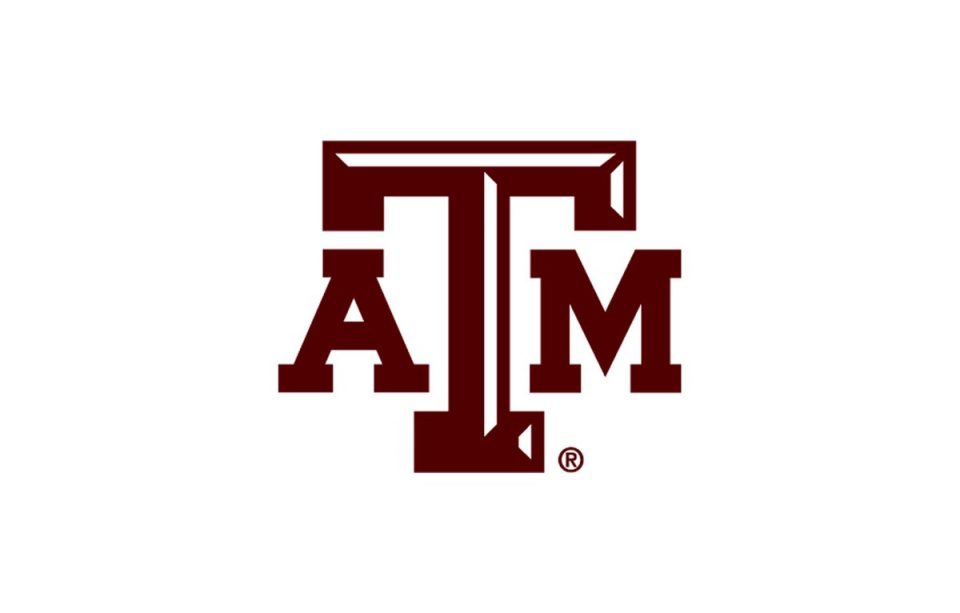Submitted by: Laylan Copelin | Vice Chancellor of Marketing and Communications
June 15, 2020, COLLEGE STATION, Texas — The Texas A&M University System Board of Regents created a special $100 million scholarship fund with the goal of making the A&M System’s 11 universities better reflect the state’s demographics.
The scholarship program is to address diversity issues as well as concerns of students who are first-generation and/or from low-income families in the wake of economic uncertainty associated with COVID-19, current unemployment rates and families’ depleted emergency savings.
“Historic challenges call for historic action,” said Chairman Elaine Mendoza. “Given the economic impact families are enduring across the state, it is imperative we act now before the Fall semester begins. Our board’s strategic plan articulates clearly our commitment to ensuring our institutions serve a diverse student body. By doing this now, our administration has another tool to support Texans and enable them to pursue their education.”
The program is in line with the Board of Regents’ Strategic Plan that promises the A&M System will remain accessible and affordable for all students, regardless of socioeconomic background.
Monday’s agenda item emphasized that “the A&M System must ensure that cost and a lack of support for diverse students do not prevent qualified students from attending and finding success at a member institution.”
“Too often we are getting outbid for great kids by out-of-state schools that can make larger offers,” said Chancellor John Sharp. “We don’t intend to lose underrepresented students to them without a real serious fight. The goal is to make the A&M System look like Texas.”
The program provides $10 million annually over 10 years for scholarships to students from all socioeconomic backgrounds, particularly to low income, first-generation and students from geographically underrepresented regions of the state. The universities will be engaged in fund raising to help support this effort.
According to the U.S. Census Bureau, the state’s demographics last year broke down: 41.5% white, 39.6% Hispanic or Latino, and 12.8 percent black or African American.
Though system-wide the 11 universities are within a few percentage points of reflecting the state’s demographic, the student population on some individual campuses skews this data. The strategic plan calls for all Texas A&M System universities to better represent the population of the state.
“This has been in the works for years,” said Chancellor Sharp. “With financial challenges from COVID-19, now is the time to do this.”
About The Texas A&M University System:
 The Texas A&M University System is one of the largest systems of higher education in the nation with a budget of $6.3 billion. The System is a statewide network of 11 universities; a comprehensive health science center; eight state agencies, including the Texas Division of Emergency Management; and the RELLIS Campus. The Texas A&M System educates more than 151,000 students and makes more than 22 million additional educational contacts through service and outreach programs each year. System-wide, research and development expenditures exceeded $1 billion in FY 2019 and helped drive the state’s economy.
The Texas A&M University System is one of the largest systems of higher education in the nation with a budget of $6.3 billion. The System is a statewide network of 11 universities; a comprehensive health science center; eight state agencies, including the Texas Division of Emergency Management; and the RELLIS Campus. The Texas A&M System educates more than 151,000 students and makes more than 22 million additional educational contacts through service and outreach programs each year. System-wide, research and development expenditures exceeded $1 billion in FY 2019 and helped drive the state’s economy.


